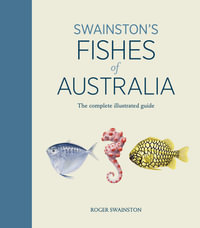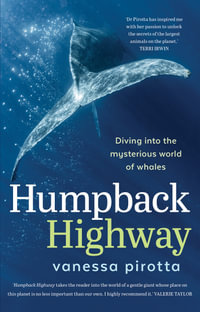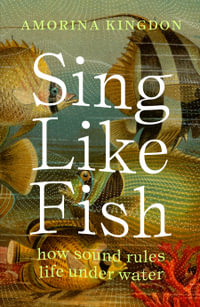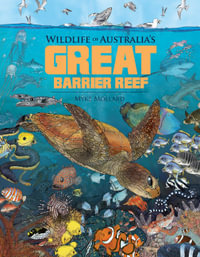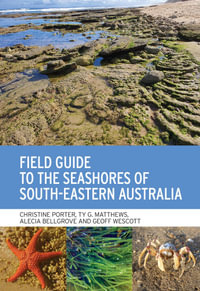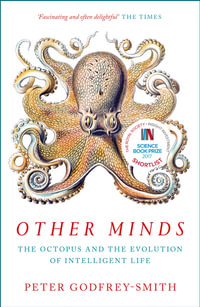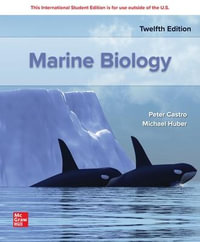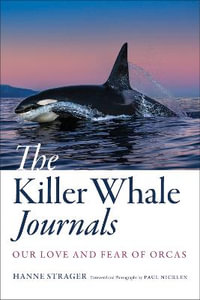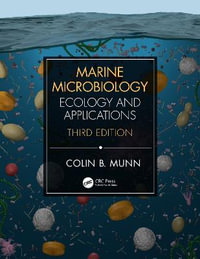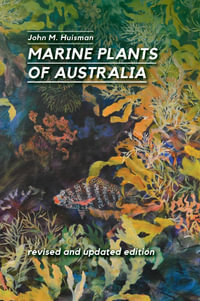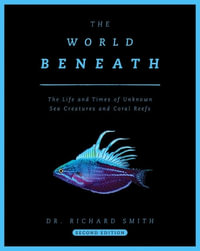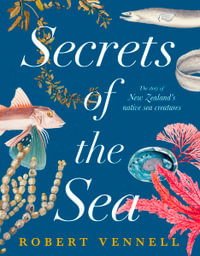Contributors Foreword 1. Introduction, Robert R. Stickney 2. Management of Marine Aquaculture: the Sustainability Challenge, M. Richard DeVoe and Catherine E. Hodges 3. Marine Mammals and Aquaculture: Conflicts and Potential Resolutions, Bernd Wursig and Glenn A. Gailey 4. Recreational Fishing and Aquaculture: Throwing a Line into the Pond, William D. Harvey and Larry D. McKinney 5. Aquaculture: Opportunity or Threat to Traditional Capture Fishermen?, Rollie Barnaby and Steve Adams 6. Advances in Marine Stock Enhancement: Shifting Emphasis to Theory and Accountability, Kenneth M. Leber 7. Aquatic Polyculture and Balanced Ecosystem Management: New Paradigms for Seafood Production, James P. McVey et al. 8. The Role of Marine Aquaculture Facilities as Habitats and Ecosystems, Barry A. Costa-Pierce and Christopher J. Bridger 9. Mangroves and Coastal Aquaculture, Claude E. Boyd 10. Environmental Effects Associated with Marine Netpen Waste with Emphasis on Salmon Farming in the Pacific Northwest, Kenneth M. Brooks, Conrad Mahnken, and Colin Nash 11. Issues Associated with Non-indigenous Species in Marine Aquaculture, Robert R. Stickney 12. Genetic Changes in Marine Aquaculture Species and the Potential for Impacts on Natural Populations, William K. Hershberger 13. What Role Does Genetics Play in Responsible Aquaculture?, L. James Lester 14. Understanding the Interaction of Extractive and Fed Aquaculture Using Ecosystem Modelling, Mac V. Rawson, Jr., et al. 15. Shrimp Farm Effluents, Granvil D. Treece 16. Fish Meal: Historical Uses, Production Trends and Future Outlook for Sustainable Supplies, Ronald W. Hardy and Albert G. J. Tacon 17. The Use of Wild-caught Juveniles in Coastal Aquaculture and Its Application to Coral Reef Fishes, Cathy Hair, Johann Bell, and Peter Doherty 18. Contending with Criticism: Sensible Responses in an Age of Advocacy, Terrence R. Tiersch and John A. Hargreaves Index
Industry Reviews
"The editors and authors did a good job of addressing a variety of topics in the eighteen chapters. The book provides a lot of detail on some topics, but the strength of the volume-and the thing that makes it a very worthwhile edition to an aquaculture library-is that most of the chapters offer overviews, and in some cases, conceptual frameworks, or specific topicsEach person who reads this book will find sections that are of interest and very informative."--International Shellfisheries Association Quarterly Newsletter

